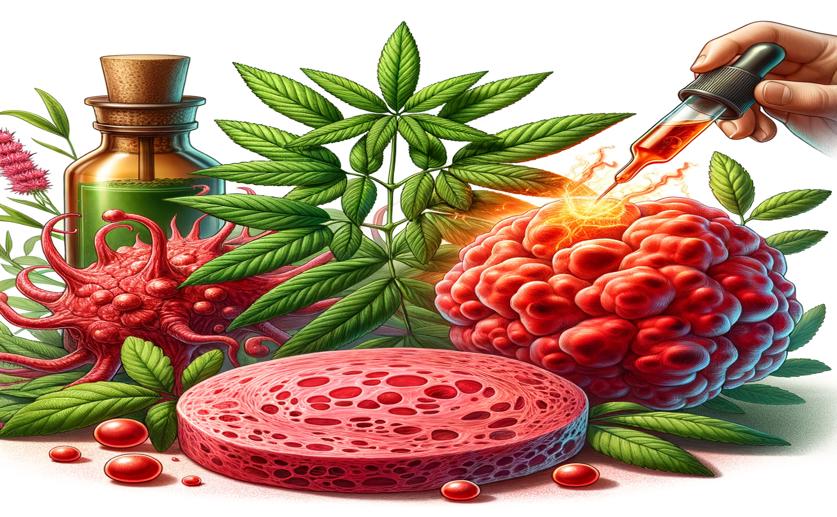
Plant Extract Calms Inflammation by Blocking a Key Protein
Jim Crocker
5th March, 2024

Image Source: Natural Science News, 2024
Key Findings
- Researchers at Ajou University found that Aiouea padiformis extract reduces inflammation
- The plant extract specifically inhibits a protein complex (NLRP3 inflammasome) involved in inflammation
- The extract's anti-inflammatory effects were confirmed in both human immune cells and zebrafish
References
Main Study
1) Aiouea padiformis extract exhibits anti-inflammatory effects by inhibiting the ATPase activity of NLRP3.
Published 4th March, 2024
https://doi.org/10.1038/s41598-024-55651-z
Related Studies
2) Guarea microcarpa C. DC. extract inhibits NLRP3 inflammasome by suppressing its ATPase activity.
3) Role of NLRP3 in the pathogenesis and treatment of gout arthritis.
4) Therapeutic Potential of Targeting the NLRP3 Inflammasome in Rheumatoid Arthritis.



 16th January, 2024 | Jenn Hoskins
16th January, 2024 | Jenn Hoskins